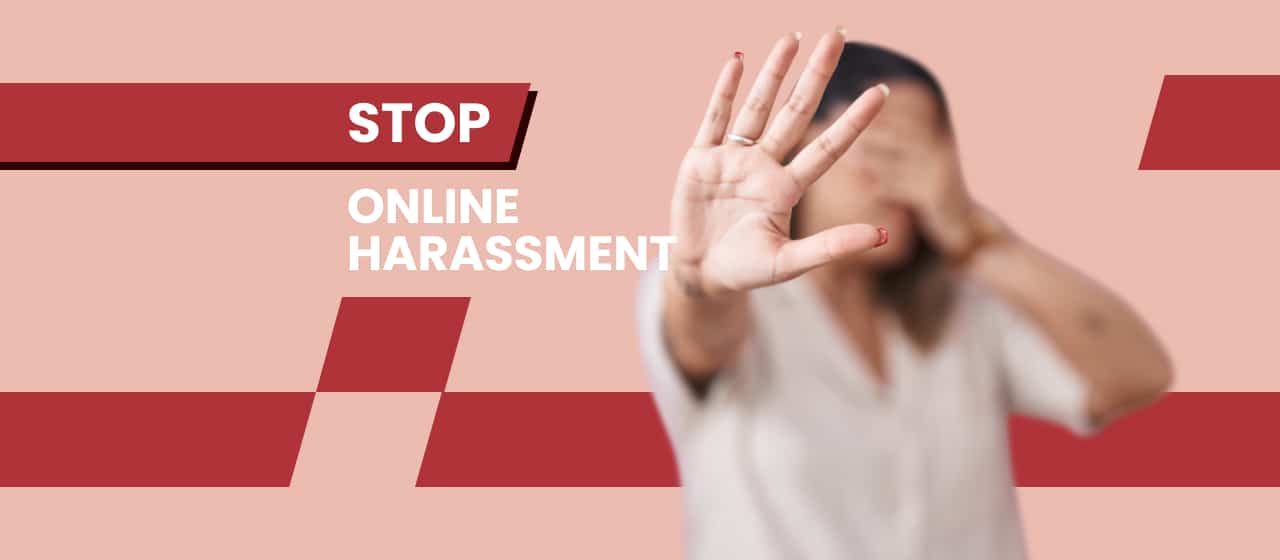Victims of sextortion are flooded with a variety of intense thoughts and feelings. As their head spins and they try to digest the situation at hand, one question stands out above the rest: “Will they actually follow through?” The answer is not cut-and-dried. There are many factors at play that can alter the exposure risk. Read on to learn if your sextortionist will follow through, what could cause or deter them from doing so, and what you can do to protect yourself.
Will Your Sextortionist Follow Through?
Unfortunately, there is no foolproof answer to the question of whether your sextortionist will follow through. Some studies have shown as low as 10% of perpetrators follow through, while others have found as high as 45% carry out their threats. However, the chances of a sextortionist following through are heavily dependent on the victim and how they respond.
What Causes a Sextortionist to Follow Through?
Whether a cybercriminal follows through with sextortion threats depends on several variables. Our team has determined that the following four factors can increase the risk of the victim’s content being exposed:
- The Victim: The social status of the victim can heavily determine the exposure risk of a sextortion threat. If the victim is a celebrity or a high-profile individual, the sextortionist may be more inclined to follow through due to the potential reputational damage it would cause.
- Previous Compliance: If a victim meets the sextortionist’s demands, it creates an expectation for future payments. It can also push sextortionists to follow through as a means to ramp up their attacks.
- Confrontation: Many sextortion victims try to push back against their assailant through their digital conversations. It is natural to feel angry after receiving such threats. However, responding confrontationally may drive them to release the content in retaliation.
- Hasty Decisions: Cybercriminals are unpredictable and ruthless in their pursuit of your money. They can act irrationally if they sense you will not comply, and this may lead them to impulsively release their leverage.
What Deters a Sextortionist from Following Through?
- Loss of Leverage: The entire sextortion scheme is contingent upon leveraging the threat of exposing the victim’s content. If the perpetrator follows through on their sextortion threats, they can no longer hold the content over their victim’s head.
- Increased Chance of Being Caught: By releasing the content, the sextortionist adds another crime to their record: non-consensual intimate image (NCII) abuse. With federal laws like the TAKE IT DOWN act, there is a higher risk of being held accountable if they follow through.
- Professional Assistance: Working with cyber security experts can help you obtain the evidence necessary to get your sextortionist to back off. Through advanced techniques, these experts can uncover the identity and location of the perpetrator. This information can then be used to encourage them to abandon their attack.
The Role of Online Platforms
If a sextortionist does follow through on their threats, they need a platform to spread their victim’s intimate content. Some platforms have put in place safeguards with various degrees of success. Others provide little-to-no support for victims of NCII abuse.
Platforms that Enable Sextortion Follow Through
- WhatsApp: The messaging platform fails to provide content controls, allowing for exposure without any blurring or warning. Instead, WhatsApp currently relies on users to flag and remove accounts associated with sextortion, which can take time and is often ineffective.
- Discord: Gaming platforms were the fourth-highest entry point for sextortion, according to a 2025 Study from Digital Forensics Corp. As one of the most popular gaming communication platforms, Discord servers allow explicit images to be shared and received without any preventative measures. Users have to inform Discord administrators of the situation to prevent nude leaks on the platform.
- Twitter/X: The social media network does not have any safety procedures in place that would prevent exposure through the platform. Currently, the only option for victims is flagging the posts and the sextortionist’s account to the system administrator.
Platforms that are Taking Action Against Sextortion
- Meta: The social media conglomerate employs AI-based filters on both Instagram and Facebook to detect and blur explicit media and issue a “sensitive content” warning. However, it does not stop the recipient from viewing the post. Instead, they require users to flag the content as NCII abuse for it to be removed and utilize hash-based matching tools to prevent its resharing.
- Snapchat: Snapchat also uses AI-powered detection to flag and warn users before viewing explicit content. However, it does not prevent viewing unless the recipient is a minor or has parental controls enabled.
- TikTok: The video platform is one of the only social media networks where sextortion follow-through cannot occur. The social network prevents the sharing of any sexually explicit media — consensual or otherwise. Additionally, they have implemented safety features that issue warnings for links that lead to external exposure sites.
What You Can Do When Facing Sextortion
- Cut off Communication: Avoid blocking the sextortionist until you’ve completed your investigation, but don’t engage them any further besides stalling for time. Never indulge their demands, as this only emboldens them to push further.
- Collect Evidence: Take screenshots of any information that could potentially reveal the perpetrator’s identity and any messages or content that will help you reconstruct the timeline of events.
- Report the Sextortionist: Inform law enforcement and the platform administrator of the crime that has been committed. Doing so can hold the criminal accountable and prevent them from harming you or others in the future.
- Ask for Help: We know that sextortion is an extremely embarrassing and isolating crime. However, you don’t need to face it alone. Talking to your family, friends, or a trusted professional can take some of the weight off your shoulders.
Resources for Victims: Who Can Help if Your Sextortionist Follows Through?
Sextortion is something no victim should ever have to face alone. There are numerous resources available that can help victims respond to sextortion and have their intimate content removed from the internet. They include:
- Take It Down: This free online tool is designed to help victims of sextortion remove images of them that were taken when they were under 18 years of age. The tool uses hash-based matching to remove such images and prevent their resharing.
- StopNCII.org: Similar to “Take It Down”, StopNCII.org is a hash-based matching tool for adult victims of NCII abuse. Operated by the Revenge Porn Hotline, the tool has helped remove over 200,000 intimate images with a removal rate above 90%.
- Cyber Investigation Inc: Our experts see cases like this every day. Through proprietary technology and advanced techniques in metadata analyses and IP-to-location, we can uncover the identity of the perpetrator and initiate the deletion of your private data.







